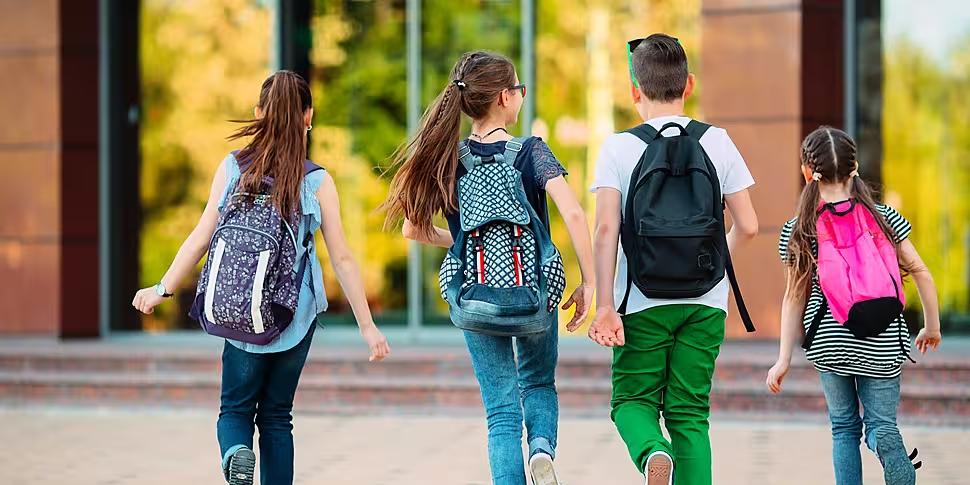New guidelines have been published by the Department of Education around seclusion and physical restraint of children with behavioural issues.
These new rules will end seclusion as a punishment for misbehaving in schools.
The new guidelines also state that the physical restraint of a child should only be carried out as a last resort and only where there is an imminent risk of serious physical harm or injury to the student or the safety of others.
St Patrick’s National School Principal Rachel Harper told The Hard Shoulder that “the whole thing is really about de-escalation”.
“There's lots of things that schools have been doing already, and I think, you know, the one thing I would welcome is the extra training for teachers and for Special Needs Assistants (SNAs),” she said.
“I think that would be really, really good, and I'd love to see that put in place and finances put behind that.”
Ms Harper said that in her school they opened up an “early intervention autism class” last year and this year they’ve opened up a “primary autism class”.
“I'd love to see more training rolled out, you know, as different teachers come in and work in those areas,” she said.
“Certainly, this September, we did some of our own private training all to do with safety intervention and that was an expense in the school - I'd love to see more money put behind that.”
De-escalation
The days of sending a child out of the classroom or to the secretary’s office are gone, Ms Harper said.
“It's all about de-escalating things and trying to see the signs with children, and getting to know them and read them,” she said.
“Getting to that point before they get to that heightened stage, you know.
“So, it might be, you can tell by a look in their eyes, or, you know, just trying to prevent things like that.”
There are different things you can bring in, Ms Harper said, such as a sensory room.
“So, if they want to go out and have a movement break and go to the sensory room or go out to the garden - different things like that,” she said.
Working with parents
Ms Harper said it’s also important to work with the parents.
She said it is good to see what works well at home and seeing that schools are “using the same practices” as at home.
“If they haven't had a good night's sleep the night before, or something's happened that morning on their way out to school that might upset the day, it's always really good for teachers and SNAs to know that,” Ms Harper said.
“So, everyone's working together - it's constant communication - I think it's really, really important.
“I think the more training and the more education around this, people feel more comfortable.”
Ms Harper said it’s important to make sure teacher’s feel “confident” going into class settings with children with additional needs.
Listen back here:









